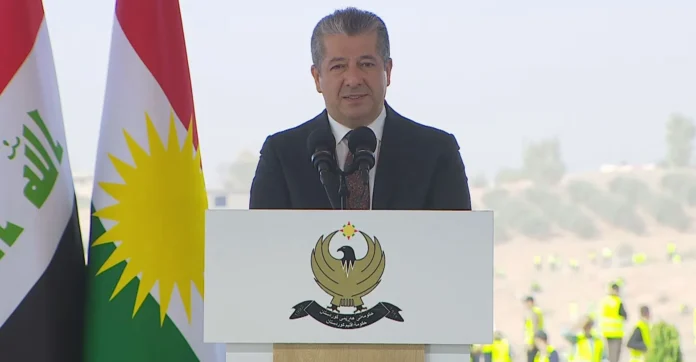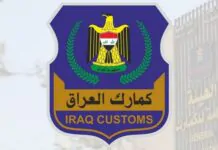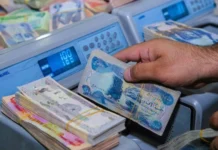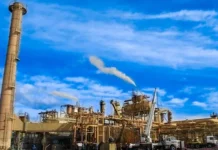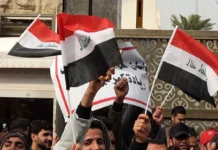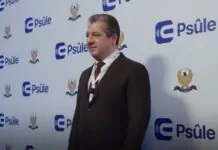Kurdistan Region Prime Minister Masrour Barzani officially launched the Green Belt Project in Erbil on Thursday — an ambitious environmental initiative that will create an 82-kilometer-long, two-kilometer-wide green zone encircling nearly a quarter of the city.
During the launch ceremony, Barzani called on foreign and European governments to support the Kurdistan Region’s environmental protection plans. He warned that rising drought and desertification could soon trigger a new wave of migration from Iraq and the wider region toward Europe and beyond.
“The issue of the environment and climate change does not only affect Kurdistan; it affects the entire world,” Barzani said. “We must take this issue very seriously and act before it is too late.”
Growing Environmental Challenges
The new initiative comes as Iraq faces increasing environmental pressures from climate change and water scarcity. Official data show that about 39% of the Kurdistan Region’s land is now affected by desertification. Across Iraq, that figure rises to 60%, with large areas of productive soil already lost.
Average water availability has dropped to just 600 cubic meters per person per year — far below the global stress threshold. The Erbil Directorate of Irrigation has also warned that low rainfall and overuse of water have damaged dams and reduced farm output. In response, authorities are planning to build 33 new water reservoirs with a total capacity of 18 million cubic meters.
What the Green Belt Will Do
The Green Belt Project is one of the Kurdistan Regional Government’s most ambitious environmental programs yet. Its purpose is to reduce soil erosion, limit dust storms, and absorb carbon emissions by integrating green spaces and vegetation around Erbil’s expanding urban areas.
In its first phase, the project will see the planting of three million seedlings. Officials estimate that once complete, the belt could capture between 140,000 and 210,000 tons of carbon dioxide each year.
Beyond its environmental impact, the Green Belt will also create local jobs, boost the economy, and support sustainable development. Barzani emphasized that the project reflects a larger policy shift toward economic diversification.
“We aim to diversify the economy and develop all sectors, not rely solely on oil and gas,” Barzani said. “Environmental projects can improve people’s health, create work opportunities, and become a new source of income.”
The initiative has also received technical support from international partners, including the Netherlands, which is collaborating on water management and sustainable agriculture programs in the region.
A Warning on Migration
Experts warn that unchecked desertification could force more people to leave their homes in northern Iraq. As farmland dries and rural incomes collapse, many families are moving to urban areas — or considering migration abroad.
Barzani echoed these concerns during the ceremony:
“When an area turns into a desert, its people begin to think of leaving. This migration will not stop here; it will extend to other parts of the world where people seek better living conditions.”
He urged European countries to help address the root causes of migration by investing in environmental protection and sustainable development in the region.
“European countries can provide economic assistance today to avoid the social and security challenges that migration will bring tomorrow,” Barzani said.
